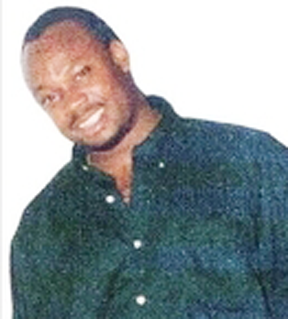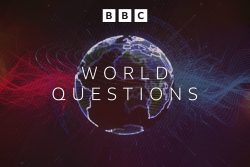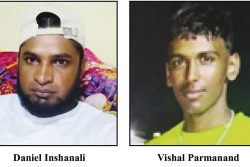KINGSTON, (Reuters) – Gunfire resounded in parts of Jamaica’s capital Kingston today as security forces fought armed supporters of a fugitive alleged drug lord in a fourth day of violence that has killed nearly 50 people.
Soldiers and police were still hunting Christopher “Dudus” Coke, 42, a notorious suspected Jamaican drug don whose extradition is being sought by the United States on charges of cocaine trafficking and gun-running.
Streets in the scruffy capital of the Caribbean tourist island were virtually deserted, with very little traffic and most schools and many businesses staying closed. Soldiers and police patrolled in armoured vehicles and SUVs.
Most of the dead were young men, suspected to be gang member supporters of Coke, who were killed when heavily armed security forces on Monday stormed the Tivoli Gardens slum that U.S. prosecutors say served as a “garrison” of his supporters.
Bursts of gunfire could be heard coming today from the Waltham Park neighbourhood, north of Tivoli Gardens, and from Rockfort on the road to Kingston’s international airport.
Jamaican Political Ombudsman Herro Blair said he had made a tally of 44 civilians killed in Tivoli Gardens after he was sent there by Prime Minister Bruce Golding on an inspection mission yesterday, along with Public Defender Earl Witter.
“We know now for sure that there are 35 civilian bodies in the morgue, and when we were leaving last night there were another nine to be picked up,” said Blair, who is an evangelical bishop.
Witter said he was concerned about the disparity between the high number of civilians killed in the Tivoli Gardens assault and the low number of firearms seized by soldiers and police — only four, including an AK-47 automatic rifle.
“The security forces have their own explanation. If they don’t find it particularly curious, I certainly do,” he said.
Police said the increased number of dead civilians brought the overall death toll from four days of clashes in parts of Kingston to 49, from a previous 31. At least three members of the security forces have been killed in the street gunfights.
Many locals supported the crackdown. “This country has been taken over by criminals and we had 1,800 murders last year. Tivoli Gardens is one of the worst places in Jamaica and it is time that something is done about that community. It is like a kingdom within an island,” said one resident, Jennifer Baker.
Golding, who declared a state of emergency on Sunday in two Kingston parishes after suspected supporters of Coke attacked police stations with firebombs and gunfire, has proposed tougher anti-crime laws, including anti-gang provisions.
COCAINE WARS
The prime minister rejected as “offensive” some U.S. and UK media reports that linked him to the alleged drug lord Coke, the government Jamaican Information Service (JIS) said.
Coke is a supporter of the ruling Jamaica Labour Party and wields influence in the volatile inner city constituency that Golding represents. U.S. prosecutors have described Coke as the leader of the “Shower Posse,” which murdered hundreds of people by showering them with bullets during 1980s cocaine wars.
Information Minister Daryl Vaz said the search continued for Coke. Golding has said the limited state of emergency would remain in force for one month.
Police were investigating the recent killings of up to 19 other people in Spanish Town, 14 miles (22 km) west of Kingston to see if they were linked to the Coke extradition crisis.
The government, declaring that the country is “under siege” from criminal gangs, has vowed a tough response against crime, which has in the past damaged Jamaica’s reputation as a popular vacation destination for U.S. and European tourists.
Jamaica has one of the world’s highest per capita murder rates.
The unrest, which also disrupted flights in and out of Kingston airport, prompted the U.S. State Department to warn Americans against traveling to the city and surrounding areas.
Some business leaders have complained of a sharp hit to tourism. But officials said the violence had had no impact so far on the island’s bauxite, sugar and banana production.
The United States requested Coke’s extradition in August last year but Jamaica initially refused, alleging that evidence against him had been gathered through illegal wiretaps.
An arrest warrant to begin extradition proceedings against Coke was finally issued last week. He was indicted in Manhattan in 2009 on charges of conspiracy to traffic in drugs and guns, charges that carry a maximum penalty of life imprisonment.
He is accused of running a smuggling ring that exports cocaine and marijuana to New York and sends guns back to Jamaica. The U.S. indictment alleges Coke has controlled Tivoli Gardens since the early 1990s as a “garrison” community.
Jamaica violence flares on, gunfire continuing









